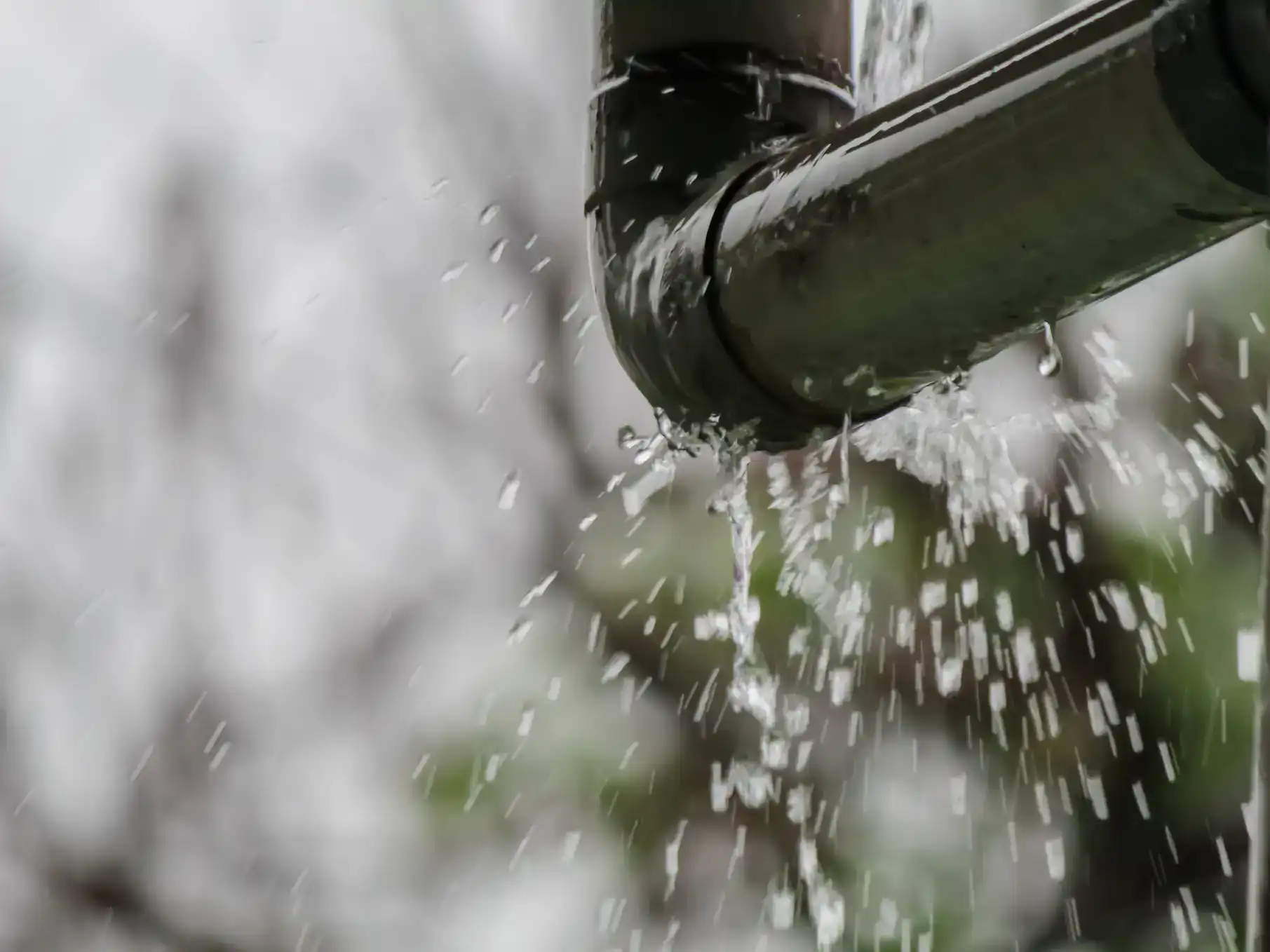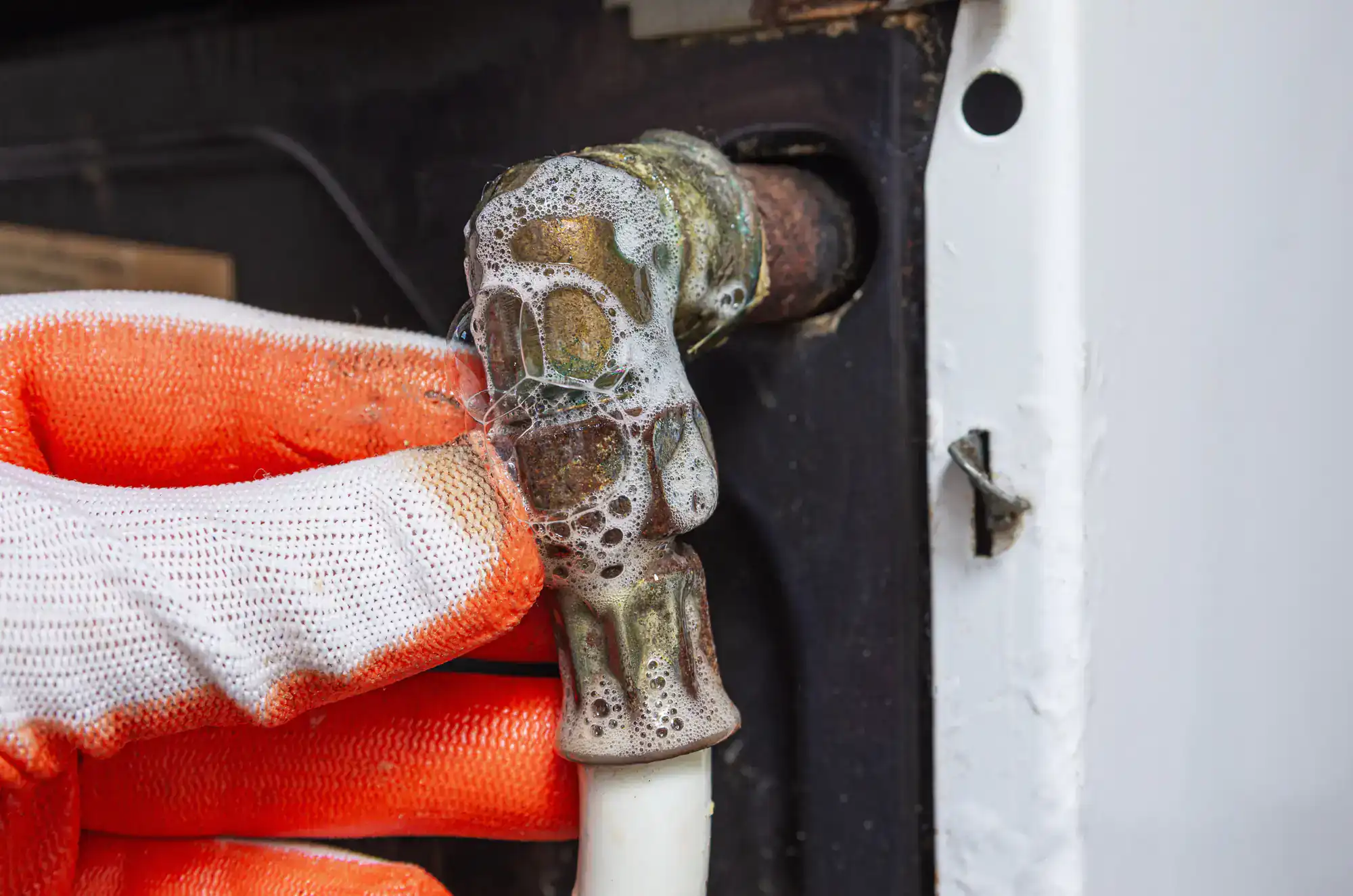
Our Reviews

Your water bill jumped $200 last month. There’s a mysterious damp spot spreading across your basement ceiling. You hear water running when every faucet in the house is turned off.
These aren’t problems that fix themselves. They’re warnings that you’re about to face thousands in water damage repairs, insurance headaches, and the chaos of having your home torn apart by restoration crews.
When we find leaks early using thermal imaging, you get a simple repair instead of a disaster. No excavation through your landscaping. No demolition of walls or floors. Just precise detection that pinpoints the exact problem so it can be fixed fast, before it destroys your property and drains your bank account.
All Rooter Hydro Jetting Experts Inc. knows Glenview plumbing like no one else. We’ve been solving leak detection challenges throughout Chicago and Cook County, and we understand exactly what your property faces.
Glenview sits near multiple waterways that create unique pressure on local plumbing systems. Many homes here were built before 1958, when the village prohibited lead service lines—meaning older properties often have aging pipes prone to pinhole leaks and underground breaks. We’ve seen every type of leak this area produces.
Our thermal imaging equipment detects problems other companies miss. We’re licensed, bonded, and insured, with 24/7 emergency availability when leaks can’t wait for business hours.

We start by understanding what you’ve noticed—higher bills, wet spots, unusual sounds, or visible water where it shouldn’t be. These clues help us focus our detection efforts on the most likely problem areas.
Our thermal imaging cameras scan your property systematically, detecting temperature variations that indicate moisture. Hot water leaks show up as warm spots, while cold water leaks create cooler areas. The technology is precise enough to locate underground water leak detection issues up to 30 feet deep with 95% accuracy.
Once we pinpoint the leak location, we mark the exact spot and explain what we found. You see the thermal images, understand the scope of the problem, and get clear repair options. No guesswork, no unnecessary digging, and no surprises when the bill arrives.

Ready to get started?
We handle every type of leak detection in walls, under floors, beneath concrete slabs, and throughout your property’s underground plumbing. From pinhole leaks in copper pipes to major slab leaks under your foundation, our thermal imaging finds problems other methods miss.
Glenview’s location near the Chicago River and local waterways means your property faces seasonal flooding risks that stress plumbing systems. Our detection services identify vulnerable areas before heavy rains or freeze-thaw cycles turn small problems into major disasters.
Each service includes comprehensive thermal imaging scans, detailed reporting of all findings, and specific recommendations for repairs. We work with residential homes, commercial properties, and mixed-use buildings throughout Cook County, providing the same precision detection regardless of property size or complexity.

Thermal imaging achieves up to 95% accuracy in detecting underground leaks, even at depths exceeding 30 feet. The technology works by identifying temperature differences created when water interacts with surrounding soil, concrete, or building materials.
Hot water leaks create warm signatures that show clearly on thermal cameras, while cold water leaks produce cooler spots that contrast with ambient ground temperature. These temperature variations are invisible to the naked eye but appear as distinct patterns on our thermal imaging equipment.
This precision means we can locate leak sources within inches of their actual position, eliminating the guesswork that leads to unnecessary excavation. You get exact location data that allows for surgical repairs with minimal disruption to your property.
Our thermal imaging leak detection is completely non-invasive and causes zero damage to your landscaping, floors, or walls. The cameras detect problems through concrete, soil, and building materials without requiring any excavation or demolition.
Traditional leak detection methods often involved extensive digging, cutting into walls, or using destructive testing to locate problems. Our advanced thermal technology eliminates all of that disruption while providing more accurate results than invasive methods.
When repairs are needed after detection, we can direct contractors to dig precisely where the problem exists. This targeted approach protects the rest of your landscaping and minimizes restoration costs after repairs are completed.
Most leak detection services complete within 1-2 hours, depending on your property size and the complexity of the plumbing system. Thermal imaging scans work rapidly, covering large areas in minutes rather than the hours or days required by traditional detection methods.
We provide 24/7 emergency leak detection service and typically arrive within 45 minutes for urgent situations like slab leaks or major pipe breaks. For scheduled appointments, we can usually provide service within 24 hours of your call.
The speed of thermal imaging means you get immediate answers instead of spending days wondering where water is coming from. You can move forward with repairs right away, preventing additional damage while the problem continues to worsen.
We detect all types of water leaks including pinhole leaks in copper pipes, slab leaks beneath concrete foundations, leak detection in walls behind fixtures, and underground water leak detection in buried lines. Our thermal imaging works equally well for hot and cold water systems.
Slab leak detection is one of our specialties, as these leaks are particularly challenging to locate using traditional methods. These occur in pipes beneath your home’s concrete foundation and can cause extensive structural damage if not caught early.
We also handle leak detection for irrigation systems, pool plumbing, commercial buildings, and multi-unit residential properties. Whether you’re dealing with a small residential pinhole leak or a major commercial pipe break, our thermal imaging provides precise location data for effective repairs.
Professional leak detection costs a fraction of water damage restoration, which averages $3,000-$8,000 in Glenview but can reach $15,000 for extensive damage. Early detection typically pays for itself many times over by preventing costly repairs and property damage.
A single undetected leak wastes over 10,000 gallons of water annually, adding hundreds to your utility bills. Factor in potential damage to flooring, walls, furniture, and the health risks from mold growth, and the cost of detection becomes insignificant compared to the consequences of waiting.
We provide upfront pricing before any work begins, so you know exactly what to expect. Most homeowners find that leak detection saves them thousands compared to dealing with the aftermath of undetected water damage.
Thermal imaging actually performs better during winter months because the temperature contrast between leaked water and cold surrounding materials creates clearer thermal signatures. Cold weather makes leaks easier to spot, not harder.
Winter is prime time for pipe failures due to freezing and thawing cycles that stress plumbing systems. Our thermal cameras detect these problems even when ground is frozen or covered with snow, allowing for repairs before spring thaw creates bigger issues.
We recommend winter leak detection as preventive maintenance, especially for Glenview properties with older plumbing systems. Catching problems during cold months allows for repairs before increased spring water usage puts additional stress on vulnerable pipes.